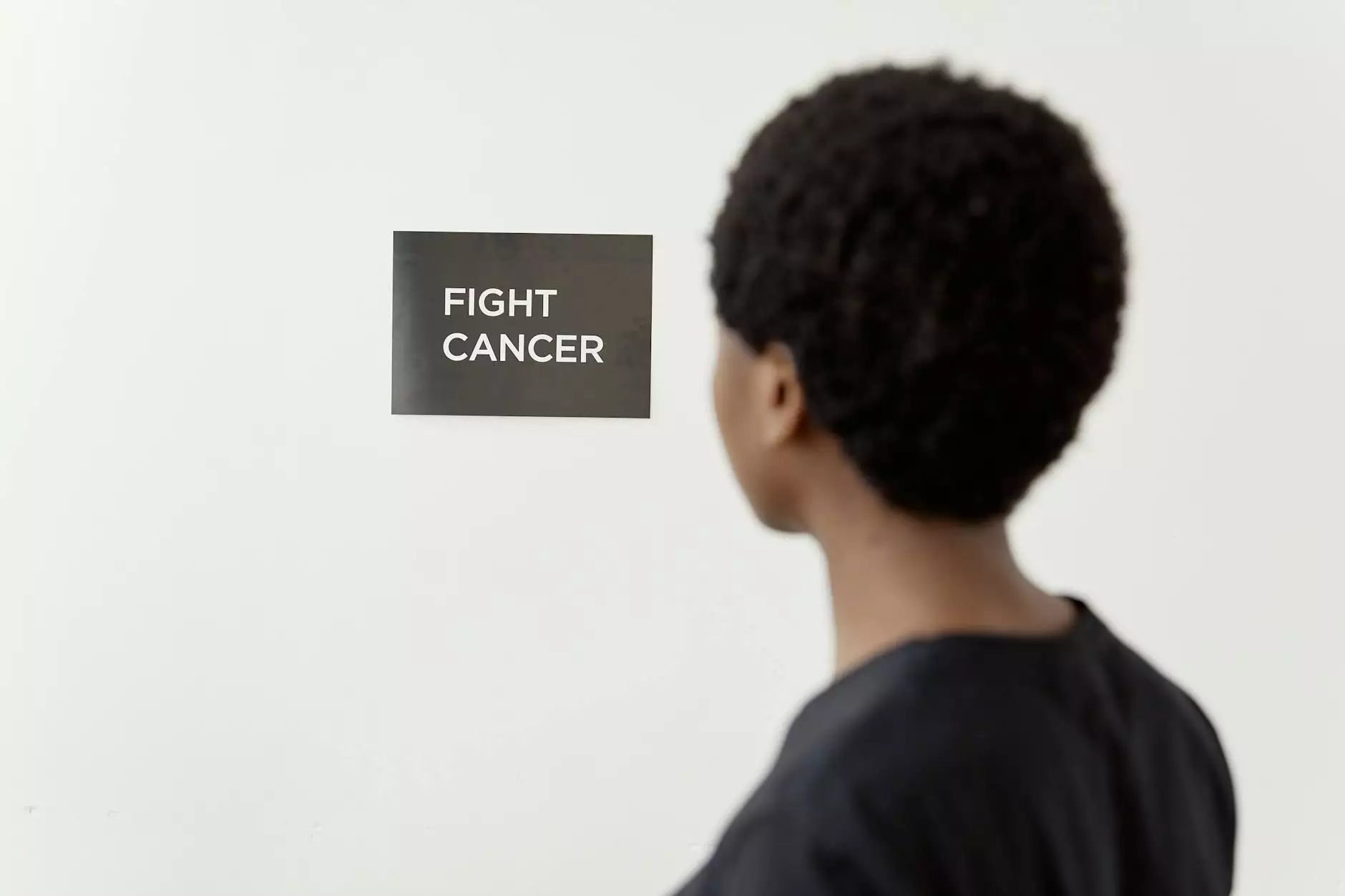Understanding Colon Cancer Treatments: Your Comprehensive Guide

Colon cancer is one of the most common types of cancer worldwide, affecting thousands of individuals each year. It occurs when cancerous cells form in the tissues of the colon or rectum. Fortunately, advancements in medical technology and research have led to a variety of effective colon cancer treatments. This article delves deep into the available options, their benefits, and the latest innovations in the field.
Types of Colon Cancer Treatments
When diagnosed with colon cancer, patients might feel overwhelmed by the plethora of treatment options available. The choice of treatment usually depends on the stage of cancer, its location, and the overall health of the patient. Here, we will explore the primary treatment modalities available:
Surgery
Surgery is the most common treatment for colon cancer, especially in the early stages. The main types of surgical procedures include:
- Colectomy: This is the surgical removal of the cancerous part of the colon.
- Partial colectomy: This involves removing only the affected portion of the colon.
- Colostomy: In cases where the rectum is removed, a colostomy may be performed to create an opening in the abdomen for waste.
Post-surgery, most patients require monitoring and may need additional treatments to prevent recurrence.
Radiation Therapy
Radiation therapy utilizes high-energy particles or waves, such as x-rays, to destroy or damage cancer cells. This therapy is often used:
- Before surgery to shrink tumors.
- After surgery to eliminate remaining cancer cells.
- For palliation in advanced stages to alleviate symptoms.
Advancements in radiation techniques, such as Intensity-Modulated Radiation Therapy (IMRT), have significantly improved outcomes and reduced side effects.
Chemotherapy
Chemotherapy involves the use of drugs to kill cancer cells or stop them from growing. It is especially effective for:
- Advanced colon cancer or when cancer has spread beyond the colon.
- To lower the risk of recurrence after surgery.
- As part of a regimented treatment plan combined with other therapies.
Common agents used in colon cancer chemotherapy include Fluorouracil (5-FU), Oxaliplatin, and Leucovorin. Patients often experience side effects, but modern therapies aim to minimize discomfort.
Targeted Therapy
This innovative approach utilizes drugs or other substances to precisely identify and attack cancer cells without harming normal cells. Targeted therapies are typically used in conjunction with chemotherapy and can include:
- Bevacizumab (Avastin): A drug that inhibits blood supply to tumors.
- Cetuximab (Erbitux): Targets the epidermal growth factor receptor (EGFR) to prevent cancer cell growth.
- Regorafenib (Stivarga): Used for patients with metastatic colon cancer after other treatments.
These targeted therapies have shown significant promise in improving survival rates and reducing treatment impacts on patients' quality of life.
Immunotherapy
Immunotherapy harnesses the body's immune system to fight cancer. This is particularly effective for some types of colon cancer, especially those characterized by specific genetic markers like Mismatch Repair Deficiency (dMMR) or Microsatellite Instability (MSI). Some treatments include:
- Pembrolizumab (Keytruda): A PD-1 inhibitor that helps the immune system recognize and attack cancer cells.
- Nivolumab (Opdivo): Another PD-1 inhibitor that has shown effectiveness in advanced stages.
Immunotherapy has revolutionized the treatment landscape for colon cancer, providing hope for patients who may have exhausted other options.
Advancements in Colon Cancer Treatments
Research and clinical trials continue to drive innovation in colon cancer treatments. Some key areas of advancement include:
Precision Medicine
Precision medicine tailors treatment based on the individual characteristics of each patient's cancer. This approach considers the genetic makeup of the tumor, leading to more effective and less invasive treatments.
Minimally Invasive Surgery
Advancements in surgical techniques, such as laparoscopic surgery and robotic-assisted surgery, have reduced recovery times and complications. These methods utilize smaller incisions, leading to less pain and quicker recovery.
Genomic Testing
Genomic testing allows for the analysis of cancer mutations, guiding treatment decisions and helping oncologists to choose the most effective therapies for individual patients.
Support and Resources for Cancer Patients
Receiving a diagnosis of colon cancer can be daunting, but multiple resources are available to support patients and their families:
- Support Groups: Connecting with others who are undergoing similar experiences can provide emotional support.
- Educational Resources: Websites like Cancer.org and Cancer.gov offer extensive information about treatments and research.
- Counseling Services: Many hospitals provide counseling to help patients cope with their diagnosis and treatment.
- Nutrition and Wellness Programs: These programs help patients maintain a healthy lifestyle during and after treatment.
Conclusion
Understanding the various colon cancer treatments is crucial for patients diagnosed with this challenging disease. The combination of surgery, radiation, chemotherapy, targeted therapies, and immunotherapy provides a multifaceted approach to treatment that can be tailored to the individual needs of each patient.
Furthermore, continuous advancements in research and technology promise to enhance treatment efficacy and improve outcomes. If you or a loved one is facing colon cancer, it is essential to consult with a healthcare provider who specializes in oncology to explore the best treatment options available and to build a comprehensive plan for recovery.
Stay informed, stay positive, and reach out for support—together, we can navigate the complexities of colon cancer treatments and improve our quality of life.



